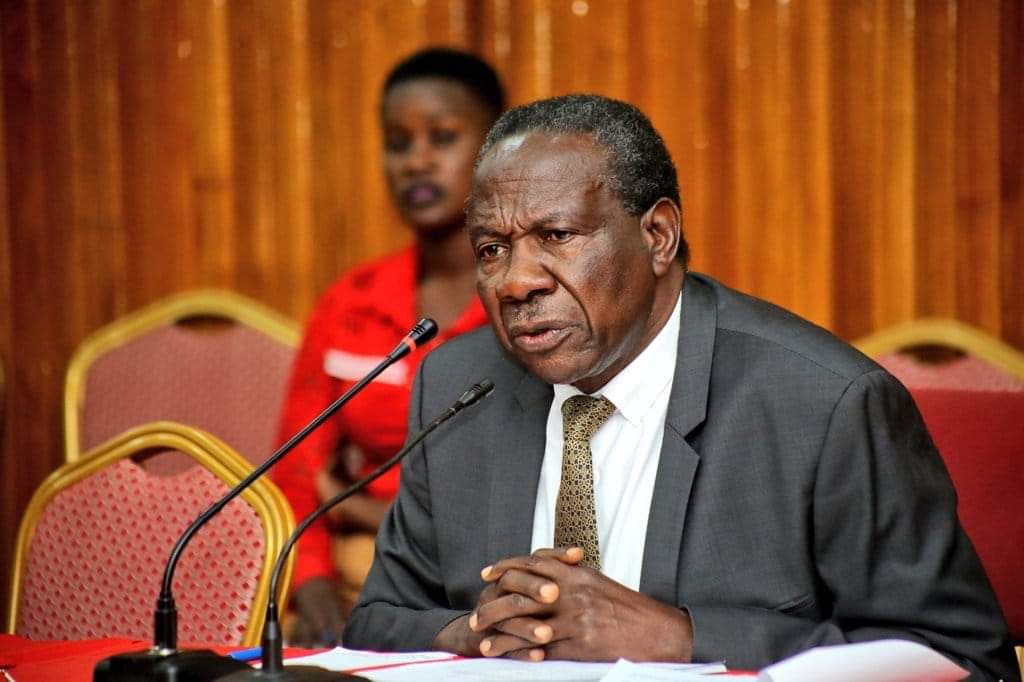Cost of borrowing continues to rise – IMF

Government has been borrowing heavily due an increase in funding needs. Photo / File
What you need to know:
- IMF advises the affected countries that adapting to these challenges requires a resolute package of strong domestic reforms and external support.
The International Monetary Fund has expressed worries that the cost of borrowing, both domestically and externally, has increased and continues to be elevated for many African countries including Uganda.
IMF advises the affected countries that adapting to these challenges requires a resolute package of strong domestic reforms and external support.
In its Regional Economic Outlook for Sub-Saharan April Edition with the theme, A Tepid and Pricey Recovery, the IMF says in 2023, government interest payments took up 12 per cent of its revenues (excluding grants) for the median sub-Saharan African country, more than double from a decade ago. At the same time, the IMF said the private sector has also started to feel the pinch from higher interest rates.
In Uganda, the Ministry of Finance, Planning and Economic Development says in its Debt Statistical Bulletin that quarter two for the financial year 2023/24 registered a reduction in total external debt service to $219.58 million (about Shs836 billion) from $295.49 million (about Shs1.1 billion) in the previous quarter. This was on account of fewer principal repayments falling within the second quarter of the financial year.
Domestic debt service is composed of discount coupons and redemption payments on the stock of domestic debt. At the close of last December, total domestic service reduced from Shs5.242 trillion to Shs3.233 trillion compared to the end of September 2023.
“Improved public finances focused on revenue mobilization is still the first line of defence against a world of higher borrowing costs and narrowing funding options. But top priority should be given to minimizing the impact of fiscal consolidation on lives and livelihoods,” IMF states.
On the financing side, the IMF explains that there is still a pressing need for concessional funding. Monetary policy should remain focused on ensuring price stability. As inflation eases, more countries will have space to cut interest rates. Enhanced coordination between fiscal, monetary, and exchange rate policies is crucial.
The IMF director for the African department, Dr Abebe Aemro Selassie said: “We see three policy priorities for governments in the region: First, continue to improve public finances, with an emphasis on domestic revenue mobilization. This would help meet the region’s vast development needs in a context of scarce concessional financing and high borrowing costs.”
“Second, sustain the focus on reducing inflation wherever inflation remains well above target. Third, implement reforms that enhance skill development, spur innovation, improve the business environment, and promote trade integration to secure more affordable and stable financing,” he added.
However, Dr Abebe said the burden should not be on countries alone. Support from the international community will remain essential revealing that the IMF stands ready to support, having already provided $58 billion in financing to the region since the start of the pandemic.




